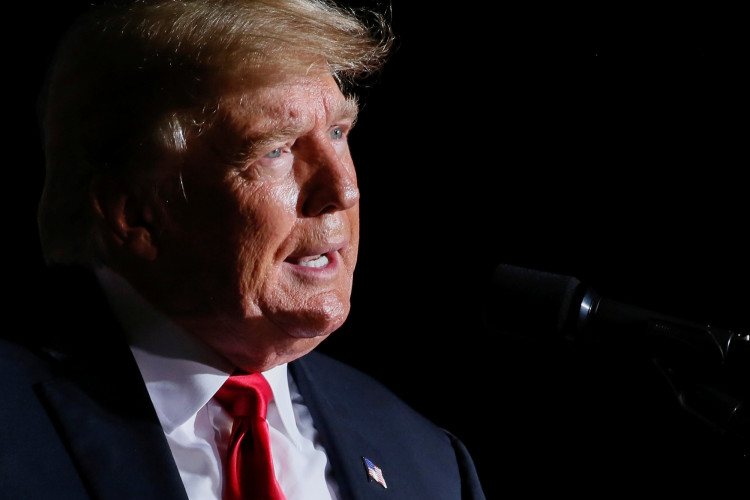President-elect Donald Trump has petitioned a New York court to delay his sentencing in the high-profile hush money case, a decision that could further test the boundaries of presidential immunity as he prepares to take office later this month. The request comes as Trump's legal team appeals Judge Juan Merchan's rulings that upheld his conviction on 34 felony counts of falsifying business records related to payments made during his 2016 campaign.
The sentencing, scheduled for this Friday, has drawn intense scrutiny, marking an unprecedented moment in U.S. history: a president-elect facing criminal conviction as he prepares to assume office. Trump's lawyers argue that proceeding with sentencing before resolving appeals would undermine his rights and the integrity of legal precedent.
"The Court should vacate the sentencing hearing scheduled for January 10, 2025, and suspend all further deadlines in the case until President Trump's immunity appeals are fully and finally resolved," the legal filing states. They have requested a decision from the court by Monday afternoon to allow sufficient time for further appellate action.
The case centers on payments made to adult-film actress Stormy Daniels, who alleged an affair with Trump-a claim he denies. Prosecutors argued that Trump orchestrated a scheme to reimburse his then-lawyer Michael Cohen for a $130,000 payment to Daniels, disguising the transactions as legal expenses. The conviction came in May 2024, following a contentious trial.
Judge Merchan, in his recent rulings, made clear that he does not intend to impose jail time on Trump. Instead, he has suggested sentencing Trump to an unconditional discharge, effectively closing the case without fines, probation, or incarceration. Nevertheless, Trump's legal team contends that the sentence should not proceed while appeals on immunity and other legal grounds remain unresolved.
Trump has publicly decried the case as a "politically motivated witch hunt," a refrain echoed by his supporters. His legal spokesperson, Steven Cheung, reiterated this sentiment in a statement, calling the sentencing process "unlawful" and accusing the Manhattan District Attorney's Office of pursuing a meritless case.
The timing of the sentencing adds to the case's complexity. If Trump is sworn in as president before the sentence is carried out, the doctrine of presidential immunity could shield him from further criminal proceedings. Legal experts have noted that delaying the sentencing until after Trump's inauguration could effectively suspend the case for the duration of his term, potentially leaving the matter unresolved until he leaves office in 2029.
Prosecutors have not yet commented on the latest filing. Cohen, once Trump's personal lawyer and now a vocal critic, called the judge's approach "judicious and appropriate," emphasizing that the case has already had significant legal and political ramifications.
The hush money case is one of several legal challenges facing Trump as he re-enters the White House. The intersection of his legal battles with his political resurgence has sparked renewed debates over the accountability of public officials and the role of the judiciary in navigating unprecedented constitutional questions.






